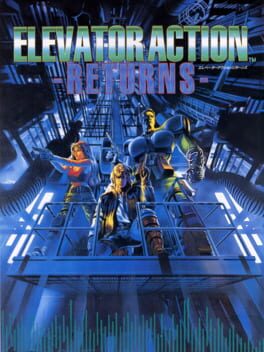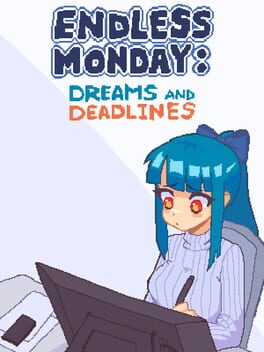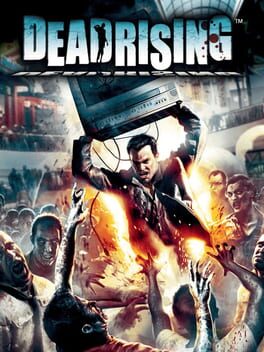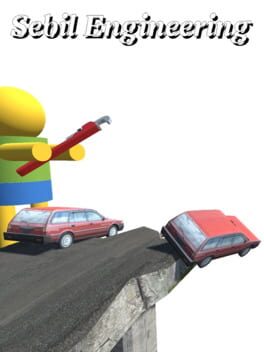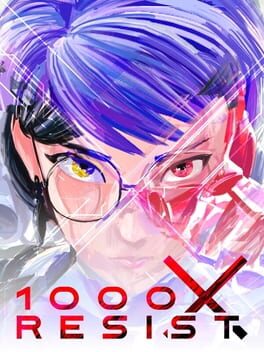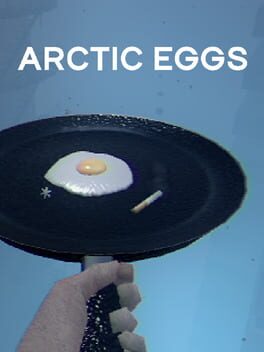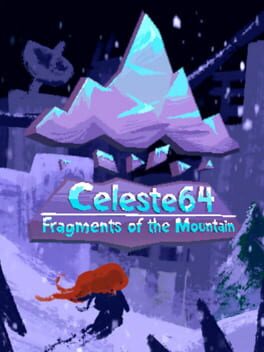Sci_Karate
BACKER
2011
2017
2006
2023
Sebil Engineering disregards nearly every commonly understood principle for good puzzle game design.
It is that exact rejection of understood design principles that makes it so uniquely fun.
Intended solutions are often so wonky and obscure that solving them feels like breaking the game over your knee in an act of defiance.
The resulting emotional arc of each level is great - frustration gradually builds up before giving way to satisfied release as the game buckles beneath you.
A good game, a short game, a silly game, a special game.
It is that exact rejection of understood design principles that makes it so uniquely fun.
Intended solutions are often so wonky and obscure that solving them feels like breaking the game over your knee in an act of defiance.
The resulting emotional arc of each level is great - frustration gradually builds up before giving way to satisfied release as the game buckles beneath you.
A good game, a short game, a silly game, a special game.
2024
2024
Is it trite to call a unique and expressive VN literature?
This one is rough around its edges - yet its writing is impossibly worthwhile. Very glad I sat down with it.
1000xResist will undoubtedly be mentioned often when folks start throwing around GOTYs this later this year, and it will be deserving of that praise.
This one is rough around its edges - yet its writing is impossibly worthwhile. Very glad I sat down with it.
1000xResist will undoubtedly be mentioned often when folks start throwing around GOTYs this later this year, and it will be deserving of that praise.
2024
In the opening hours of Breath of the Wild, on the southeast edge of the Great Plateau, there's a ravine. Crossing it would give the player a direct path to one of their mandatory objectives.
Initially, this route seems impassable -- but, on the player's side of the ravine, there's a tree. The tree sits right near the edge, and it's just a touch taller than the ravine is wide. Nearby, an axe is lodged in a tree, just outside a building labelled "Woodcutter's House". The tree looks ready to topple in the direction opposite the axe at any moment.
Reading this, the solution to this problem seems obvious - take the axe, fell the tree at the edge of the ravine, and cross it. But to actually play this segment, and to piece the elements together for yourself, feels like a moment of intelligent problem-solving. It feels like you've cheated your way into a clever shortcut, even though this is a carefully-designed vignette, with a designer's hand nudging you towards an intended outcome.
Games-likers often seem obsessed with the idea of emergent or fringe solutions. Try typing "the designers never thought of this!" or "i can't believe the designers thought of this!" into your search engine of choice, and bask in the millions of identical-looking thumbnails.
Conversely, I feel like we often undervalue the experience of encountering a problem, feeling the hand (or the voice, or the mind, or the spirit) of a designer gently guiding the player towards a solution, and following them along for the journey. It's an experience that's a little more book/movie/song-esque than game-like, despite being fundamentally interactive, in that the player/reader/viewer/listener gives themselves up to the authorial voice of the artist for a moment. When we play games, there's always a conversation being held between the player and the designer, but in these moments, it is made tangible and laid bare.
Lorelei and the Laser Eyes is not a particularly hard puzzle game. It is not particularly weird, nor creative, nor thrilling, nor revelatory. However - every single one of its puzzles feels Designed. Solving the smaller puzzles feels like being in on a wry joke with the author; solving something larger feels like sharing in an intimately whispered secret.
This is a lot of words to say that none of the puzzles in Lorelei and the Laser Eyes are best-in-class, but all of them are Solid, Clean, and Designerly. Many of its best offerings can be solved on a pad of paper by someone who has no familiarity with the game at all. Pick this one up if you need a new and modern puzzle book to sit down with on a nice afternoon.
Initially, this route seems impassable -- but, on the player's side of the ravine, there's a tree. The tree sits right near the edge, and it's just a touch taller than the ravine is wide. Nearby, an axe is lodged in a tree, just outside a building labelled "Woodcutter's House". The tree looks ready to topple in the direction opposite the axe at any moment.
Reading this, the solution to this problem seems obvious - take the axe, fell the tree at the edge of the ravine, and cross it. But to actually play this segment, and to piece the elements together for yourself, feels like a moment of intelligent problem-solving. It feels like you've cheated your way into a clever shortcut, even though this is a carefully-designed vignette, with a designer's hand nudging you towards an intended outcome.
Games-likers often seem obsessed with the idea of emergent or fringe solutions. Try typing "the designers never thought of this!" or "i can't believe the designers thought of this!" into your search engine of choice, and bask in the millions of identical-looking thumbnails.
Conversely, I feel like we often undervalue the experience of encountering a problem, feeling the hand (or the voice, or the mind, or the spirit) of a designer gently guiding the player towards a solution, and following them along for the journey. It's an experience that's a little more book/movie/song-esque than game-like, despite being fundamentally interactive, in that the player/reader/viewer/listener gives themselves up to the authorial voice of the artist for a moment. When we play games, there's always a conversation being held between the player and the designer, but in these moments, it is made tangible and laid bare.
Lorelei and the Laser Eyes is not a particularly hard puzzle game. It is not particularly weird, nor creative, nor thrilling, nor revelatory. However - every single one of its puzzles feels Designed. Solving the smaller puzzles feels like being in on a wry joke with the author; solving something larger feels like sharing in an intimately whispered secret.
This is a lot of words to say that none of the puzzles in Lorelei and the Laser Eyes are best-in-class, but all of them are Solid, Clean, and Designerly. Many of its best offerings can be solved on a pad of paper by someone who has no familiarity with the game at all. Pick this one up if you need a new and modern puzzle book to sit down with on a nice afternoon.
